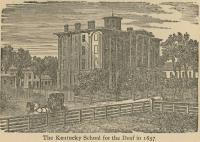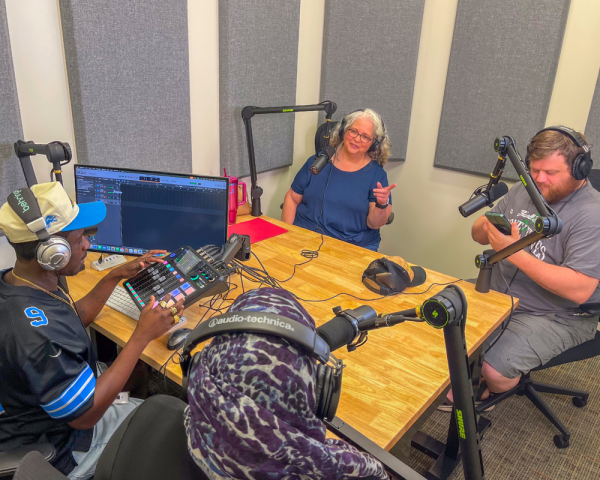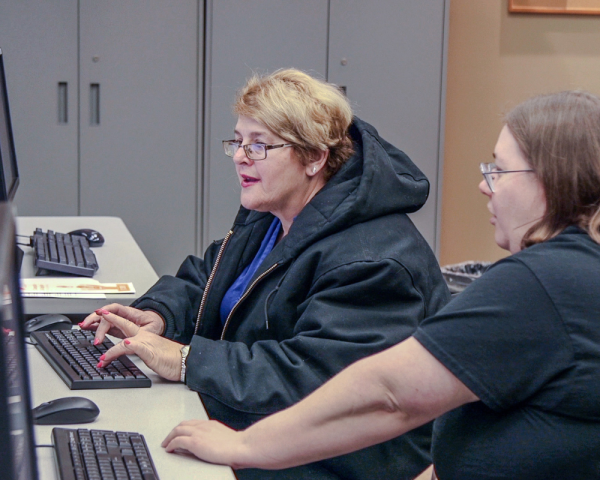

Website Search
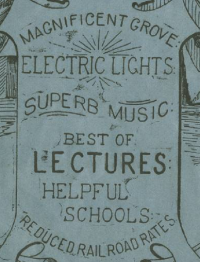
The Kentucky Chautauqua Assembly presented an annual event in Lexington’s Woodland Park with days of programming. Presentations varied from live music and entertainment to lectures and speeches from national figures.
The Luna Library, a program of Believing in Forever, collects and distributes children's books with an African American history or Black character focus. It is an alternative for African American parents looking for books that provide context and knowledge to understand the stories of the African American experience in this country for their children. Believing in Forever is a champion of diversity and inclusion, and the positive impact books have on children of all races.
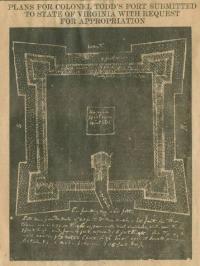
In 1917, the Woman’s Club of Central Kentucky hosted a series of speakers giving historical sketches on people and places of local interest.
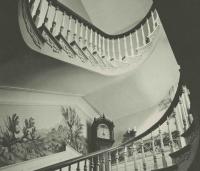
Old Homes of the Blue Grass is a photographic review of historic homes in Kentucky’s Blue Grass region.
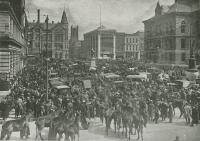
Illustrated Lexington Kentucky contains photographs, demographics, commerce and financial information about Lexington up to 1919.

The Kentucky Mountain Club was founded in 1929 as a social organization for residents of Lexington, Kentucky, who had been born or resided in the counties of eastern Kentucky.

The Lexington Musicians' Association is the local chapter of the American Federation of Musicians (Local 554-635) and was chartered in 1910.
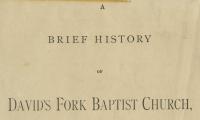
In 1768, Lewis Craig and other members of the Spotsylvania Baptist Church were arrested for preaching without a license issued by the Church of England. Their case was later defended by Patrick Henry.
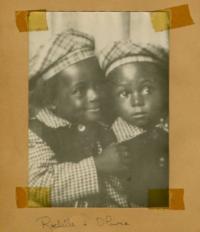
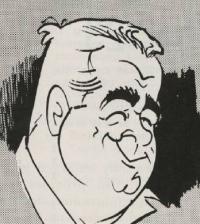
The Around the Town in Lexington, Kentucky magazine pamphlet contains advertisements for local attractions, apartment homes, restaurants, and hotels.
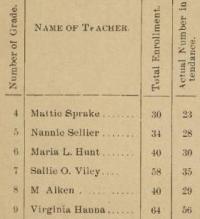
The city reports and ordinances for Lexington contain a wide variety of information about the people, infrastructure, and businesses.
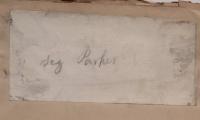
The Cyrus Parker Jones Funeral Notice collection contains 667 funeral cards of Lexington residents during the years of 1806-1886.

The Library's digitized collection includes some non-Fayette County directories for businesses, farms and residences.
We are committed to supporting our democracy by providing nonpartisan voting information, whether you choose to cast an early ballot or go to the polls on Election Day.
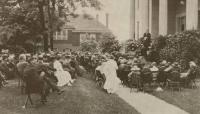
The Hamilton Female College catalogs list the school’s Board of Trustees, faculty, alumnae, graduates that year, directory of students, courses of study, and the members of each department.
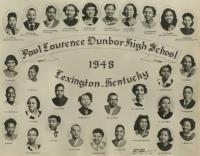
Dunbar High School opened in 1923 at 545 North Upper Street as the only all-black high school in Lexington’s city school system.
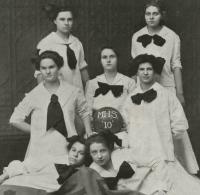
The Morton School Number 1, Lexington’s first public city school in 1834, was originally built on the corner of Walnut (later Martin Luther King Dr.) and Short Street.
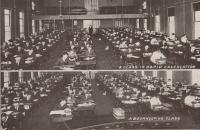
The collection contains non-Fayette County school yearbooks and images, dating from 1878-1968.
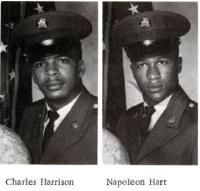
The United States Army Armor School began in 1940 as the Armored Force School and Replacement Center at Fort Knox, Kentucky.

The Take Back Cheapside Collection is a community collection from DeBraun Thomas. The featured postcard of the historic Fayette County Courthouse at was used as a part of the Take Back Cheapside movement in Lexington in 2017.
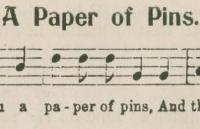
Mountain Ballads for Social Singing contains 15 songs selected for the Vesper Hour gatherings at Berea College.
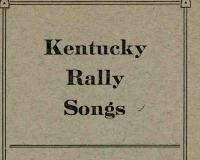
The Kentucky Rally Songs pamphlet contains 42 songs compiled and printed by the state chapter of the Woman’s Christian Temperance Union, to be used at the many gatherings and rallies that they organized in the late 19th and ea
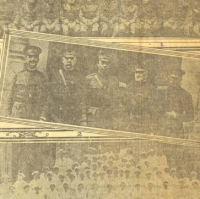
The Council of Defense books contain records for Fayette County’s Army soldiers, Navy sailors, Marines, and Army nurses in World War I, and include information regarding the person’s residence, birth place and date, specific units and en
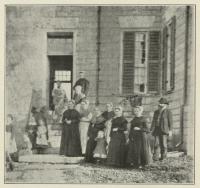
Shaker Village of Pleasant Hill has existed outside of Harrodsburg for over 200 years, and is a popular site to visit today.
